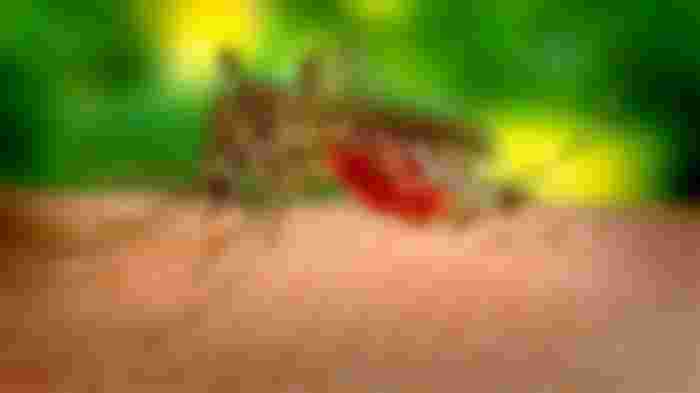Malaria is a parasitic disease whose main clinical features are recurrent attacks of fever and fever, caused by the synchronous decay of erythrocytes, infected with one or more species of parasites of the genus Plasmodium. The name of the disease comes from the ancient Romans, who believed that malaria was caused by bad swamp air, which surrounded many habitats of that time. Malaria is one of the most common infectious diseases worldwide. It is estimated that about a billion people suffer from it every year, of which more than 2,000,000 die. d by being bitten by an infected mosquito or by a blood transfusion that contains the causes of malaria. Intrauterine transmission is also possible. The mosquito is infected by a sick person during the period when mature gametocytes are present in the blood. Today, malaria is found in countries in Africa, Southeast Asia and South America. In other parts of the world, malaria has been eradicated, and the so-called imported cases.

Analyzes of two thousand-year-old remains of human teeth collected from several sites on the Italian peninsula confirmed the presence of malaria during the Roman Empire. Earlier research suggested that malaria was one of the major diseases affecting the Roman Empire. "Indirect evidence of the existence of malaria can be found in records from ancient Greece and Rome. Symptoms of the disease, attacks of fever and fever have been described. Today, they have also been discovered in the ancient remains of human skeletons. "
There are various monuments in this world, deserved and undeserved, and in Sochi in 2010 it was erected by fish. It is a special species, gambusia, which saved this region from - malaria. Thanks to these small freshwater fish, which can survive in salt water, the Black Sea coastal area is "cleansed" of mosquitoes that are carriers of the disease.

The systematic fight against malaria began in the Sochi region only in the 1920s, on the initiative of a bacteriologist-malariologist, the honored doctor of the Soviet Union, Sergei Yuryevich Sokolov. Over three decades, an effective system for eradicating malaria on the coast has been established, and the approach has been complex: treatment has been organized for the city's residents at 13 points; water surfaces were covered with a film of oil, gasoline or kerosene, to kill mosquito larvae due to lack of air, regularly pollinated green areas with a solution based on copper sulfate. They also used biological weapons - eucalyptus trees, planted near wetlands and other water surfaces. These plants need a lot of water to grow, so they quickly drained the tanks that were affected by mosquitoes. However, the main role in the victory over malaria was played, according to the doctor himself, by a small fish that "drowns" mosquito larvae with incredible speed. It took over 30 years to fight malaria, and 1956 was the first year in the history of Sochi during which no cases of malaria were recorded.
Source


A very interesting story,